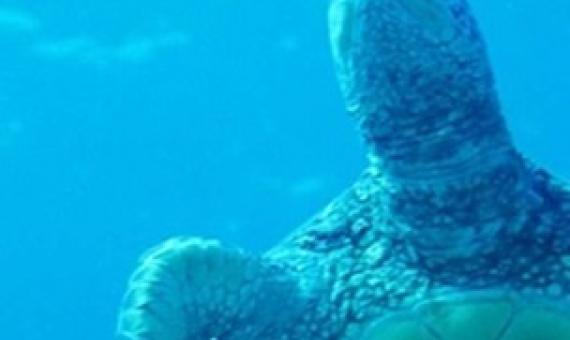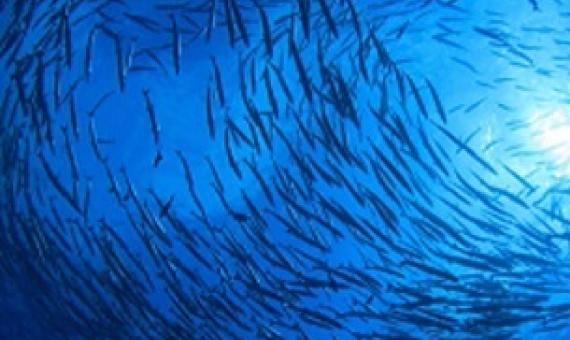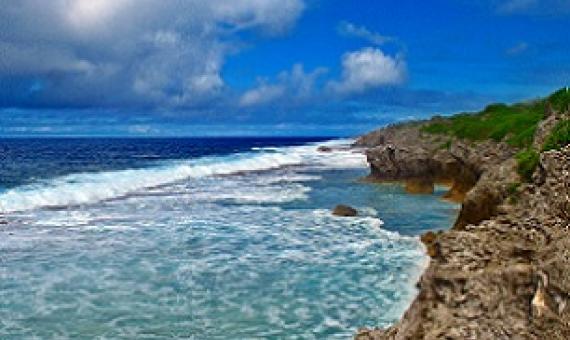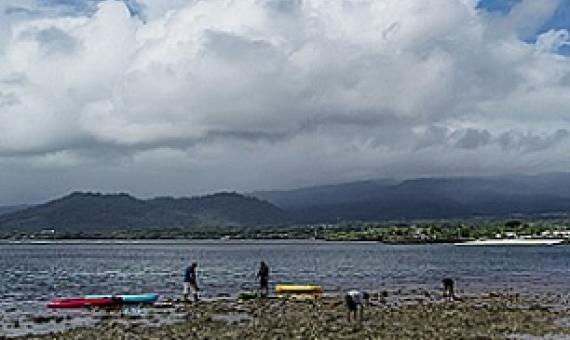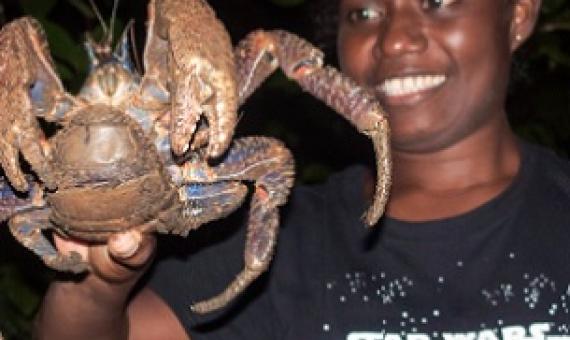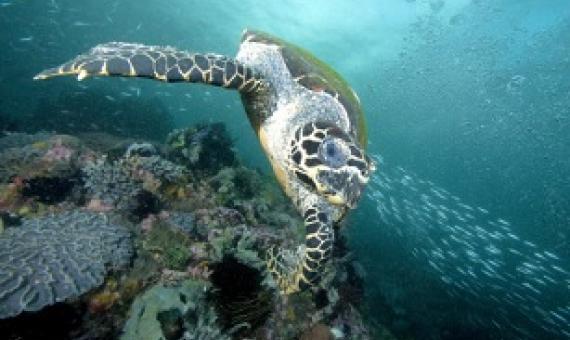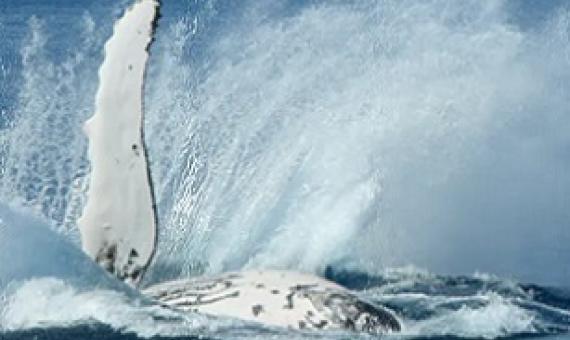Ecotourism in Fiji : The Good, The Bad and the Benefits for locals and tourists
Ecotourism is a hot topic in the tourism industry in Fiji. This may help preserve important natural and culture sites and same providing income for land owners. Fiji equality product which also refers to Ecotourism a type that has many definitions; ideally would be small scale quality tourism of a significant towards a scenic conservation area with a environmental and cultural focus. Call Number: [EL]Physical Description: 26:14

